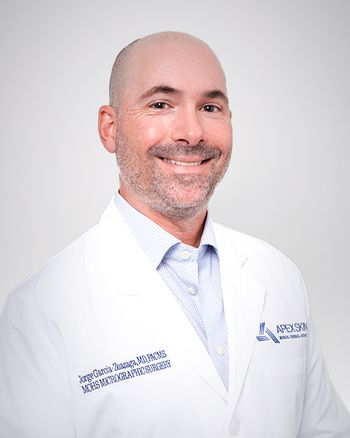
The changing face of reimbursement
From cash payments to fee-for-service insurance to gatekeepers to HMOs, PPOs and IPAs; from high deductibles to wellness exam reimbursement - the saga of insurance coverage is ever-changing.
On Call talked to several dermatologists around the country, and found that experiences can vary tremendously, depending on the geographic region as well as the type of practice.
Some doctors say that in their areas, insurance companies are trying to reach even further into the decision-making.
A general dermatologist who practices at both St. Vincent's Medical Center in Bridgeport, Conn., and at Bridgeport Hospital, Dr. Patrignelli acknowledges that it sometimes takes more than a letter to be able to give a patient the care he thinks is needed.
"The only things I've been refused on multiple occasions are the new biologics for psoriasis. I've documented everything ... and I've been on the line with the physician who works on the other side for the HMO arguing my case for the biologic, and that physician arguing with me is a heart surgeon. ... He finally approved it - but they were totally willing to deny me and he was trying to tell me why."
Becoming more difficult
"Things are definitely getting more difficult in our community. They are starting to deny coverage for medical visits for alopecia and other benign types of conditions, such as melasma - but yet the patient is coming in and doesn't know the condition is benign until he's been told."
Dr. Forsha has the option of appealing those decisions, but he says that isn't really an acceptable answer.
"We do some appeals but we get mixed results. The point is, I'm sitting at my computer having to generate these appeal letters (when) my time to go through the whole appeal process is almost cost-prohibitive, versus just eating the loss."
Despite the move to put more dermatologic conditions under the heading of "cosmetic," Dr. Forsha is hopeful the trend won't go too far.
Outside of Chicago, Anthony M. Janiga, M.D., is glad his brother is handling his billing and insurance.
"In general, we see do see more and more denials of things that used to be taken for granted - or they're requiring letters of medical necessity even after we've sent them the office notes for the services or procedures. ...
"I'm fortunate because I have someone who is very, very competent and will keep after it. I think the companies are hoping that if a doctor only has a couple of employees and his office manager also runs his front office and acts as his nurse ... that person will be too busy to follow up."
Hopeful signs
But dermatologists in other regions of the country are reporting more hopeful signs.
Newsletter
Like what you’re reading? Subscribe to Dermatology Times for weekly updates on therapies, innovations, and real-world practice tips.












